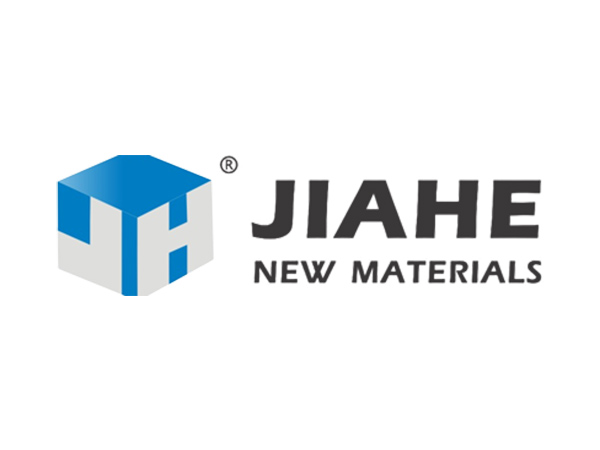Zeolite A4 is a type of synthetic zeolite, belonging to the family of aluminosilicate minerals with a well-defined crystalline structure. Zeolites, in general, are microporous materials, meaning they have tiny pores that can trap and separate molecules based on size and charge. Zeolite A4 is characterized by a regular lattice of silicon, aluminum, and oxygen, forming a three-dimensional framework with uniform pores, typically between 3 to 5 angstroms in diameter. This makes Zeolite A4 particularly effective at adsorbing small molecules, such as water, gases, and organic compounds.
The “A” in Zeolite A4 refers to its type in the classification system of zeolites, where “A” represents the well-known “faujasite” framework. The “4” in the name indicates a specific structural variation of this zeolite. Synthetic zeolite A4 has proven to be highly effective in various applications, from water purification to catalysis, offering efficiency and cost-effectiveness.
Structure and Properties of Zeolite A4
The unique properties of Zeolite A4 stem from its structural composition:
– Microporous Structure: Zeolite A4 has a highly ordered framework with small pores, which makes it ideal for ion exchange, gas adsorption, and molecular sieving.
– High Surface Area: Due to its crystalline structure, Zeolite A4 has a large surface area, which enhances its ability to adsorb molecules.
– Ion Exchange Capabilities: Like other zeolites, A4 can exchange its ions with those in the surrounding medium, making it an excellent material for water softening and other chemical processes.
– Thermal and Chemical Stability: Zeolite A4 is known for its resilience under high temperatures and harsh chemical environments, making it suitable for industrial processes.
These properties contribute to its widespread use across different industries, from environmental applications to industrial catalysts.
Zeolite A4 is a versatile and invaluable material with a broad range of applications in various industries, including water treatment, catalysis, gas separation, and environmental remediation. Its unique properties, including its microporous structure, high surface area, and ion-exchange capabilities, make it a highly efficient and cost-effective solution for numerous industrial challenges. Despite some challenges related to structural stability and regeneration, Zeolite A4 remains an essential material with a bright future, offering both economic and environmental benefits. With ongoing advancements, its role in sustainable technologies and industrial processes is only expected to grow.


